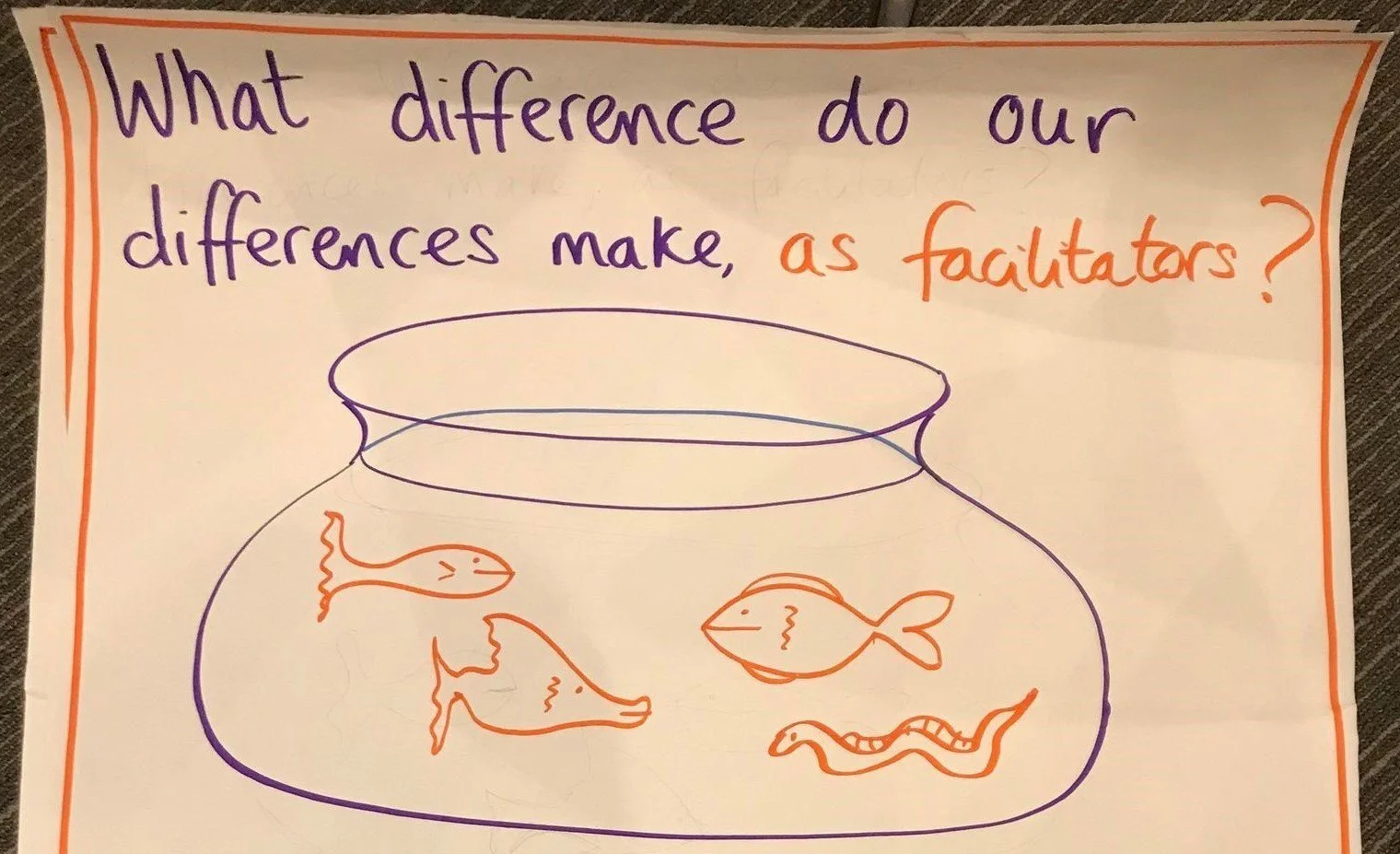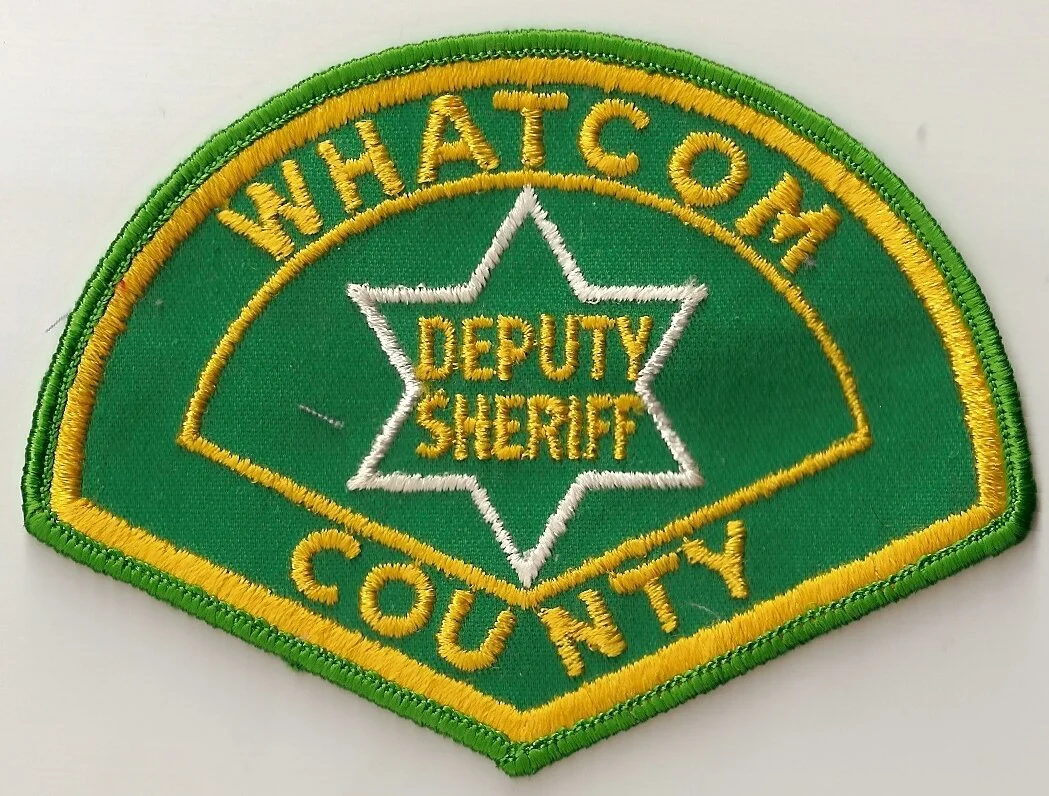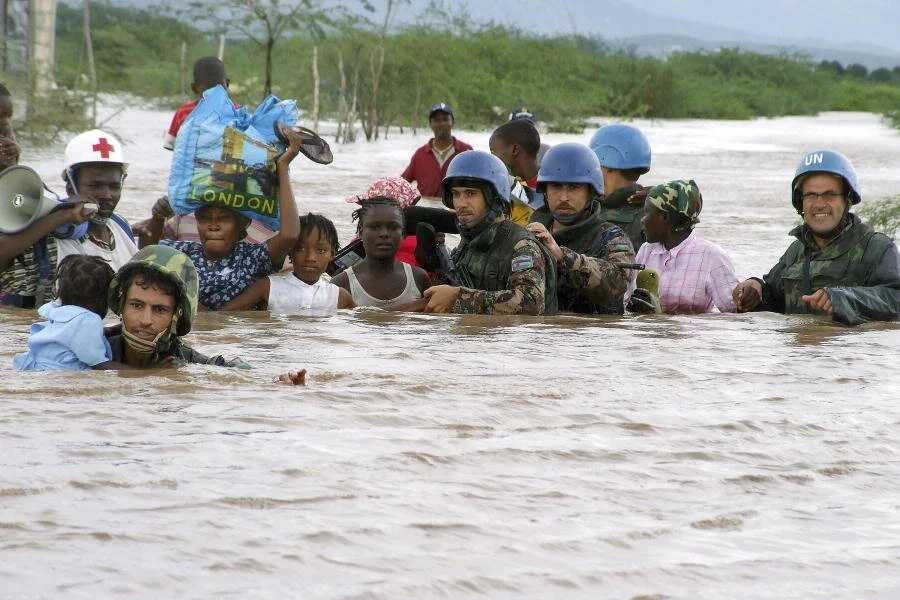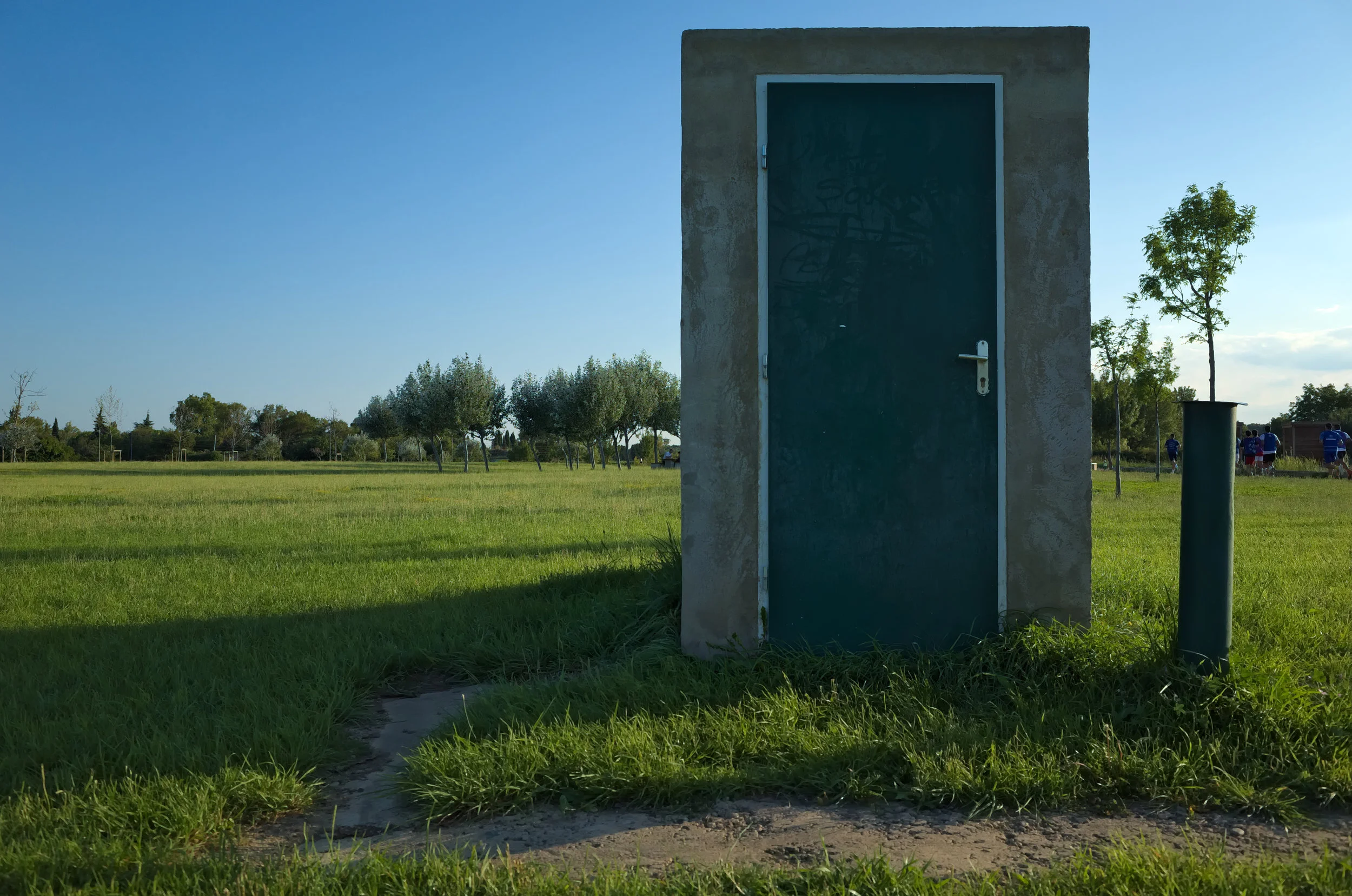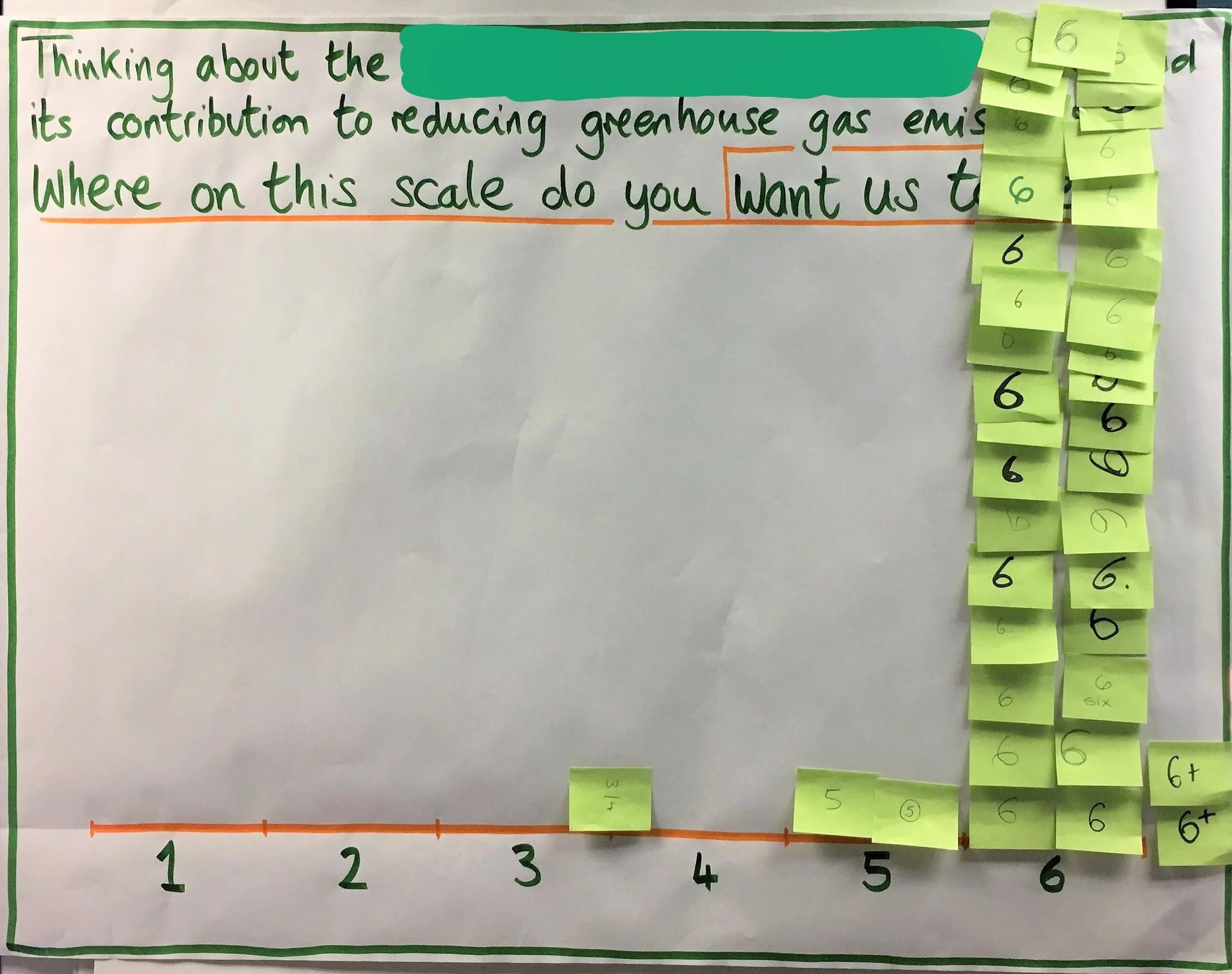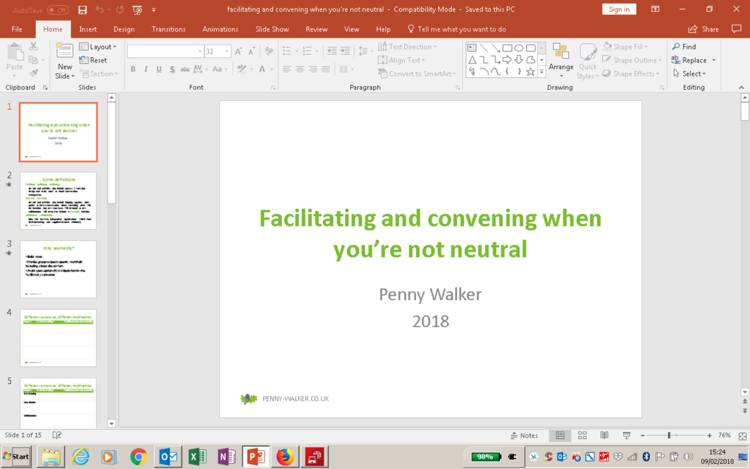I love it when a new piece of work comes in: the excitement of getting to know a new client and group, the creativity in designing a workshop which will fit the ambition and the constraints, deciding what kit to pack… And then there’s the worry and even bad dreams about the many ways it might go wrong, fall flat, peter out, end in chaos and disappointment.
A recent assignment involved a four-day hybrid multi-lingual, multi-time zone workshop based around an organisational assessment survey tool of some 80+ questions. There were many, many ways in which this might go wrong. Amongst our concerns was energy - of the group, and of the four-person facilitation team. As someone asked when I posted about it on LinkedIn, how did we survive and maintain energy?!
Well, we didn’t just survive, we thrived. But it took planning, prep and a willingness to press pause. Let me tell you more.
In the fish bowl
What would you say if you knew the usual suspects wouldn't interrupt you? What would you hear, if you could be a fly-on-the-wall during an open, honest conversation about something difficult? This is the premise of the 'fishbowl' technique, and I ran one at the IAF England & Wales Conference earlier this year. What happened?
Troika consulting
I explained my dilemma to the other two people in my ‘troika’ group, and then turned my back. For the next few minutes, they discussed the problem as if I wasn’t there. I heard empathy, I heard honesty. They were free to talk to each other about what I’d said without worrying about me becoming defensive, or correcting them. They also said what they’d intuited about what I’d not said. It was liberating for us all.
Signalling roles when you're facilitating
"...and if there's any more [questions or feedback], please come and see one of us in the green t-shirts". How do we make it as easy as possible for participants - and the rest of the facilitation team - to spot us in a crowd?
Farmers who have been taking part in pilots for the new Sustainable Farming Incentive system came together to give feedback to the Defra team. This was a classic consultation event: no decisions were being made in the room. Instead, the client organisation wanted to harvest as much detail about what's working and what's not. So there were facilitators on every table and lots of worksheets for people to record their feedback on. The 'green t-shirts' are referenced at 5.15 on this video. Well done to the team from Sheffield University who ran these pilot learning events.
12+ insights about hybrid meetings on a shoestring
"You have no authority here, Jackie Weaver!" Where does 'authority' come from, in meetings?
The UK has been captivated in last few days by a viral video of highlights from a meeting of Handforth Parish Council, and Jackie Weaver has become something of a hero: the 'grown up' in the room. One participant in the Zoom meeting declared "you have no authority here Jackie Weaver!" shortly before being removed from the meeting. Where does 'authority' in a meeting come from?
Lessons from collaborating - #NeverMoreNeeded
Sorry I'm late!
Covid-19 and your meetings
Carousel technique - one for your toolbox
Carousel is a great technique when you would like a group's discussions to benefit from the time-efficiency and increased air-time of small group 'parallel processing' while also having the opportunity to build on each others' ideas. It has a few more moving parts than some techniques, so here's some detailed guidance…
Holding the space for climate conversations
How do you feel about the climate emergency? How do you feel about your personal contribution to emissions of greenhouse gases? What do you see in your future?
And if you’re a facilitator, or have some other role in helping other people have conversations about the climate, what do you do when strong emotions show up?
101 uses for a paperclip
We needed a quick creative exercise which would inject some light-hearted improvisational spirit into a large group who didn’t know each other very well yet. We had a few minutes before asking them to work in table groups to generate a long-list of ideas for solving a complex environmental and health problem. We wanted to give them some practice of letting go of the need to find quality and embrace quantity!
We didn’t have a lot of equipment or space, so we made up "101 uses for a paperclip".
Reflections from the IAF Conference in Birmingham, 18th and 19th October 2019
There were around 100 facilitators in one room in Birmingham earlier this month – from all parts of Great Britain, also Ireland, Belgium, Netherlands, Italy, Spain, Portugal, Canada… What is the collective noun for facilitators?
All that and more in this round up of personal reflections on the IAF England & Wales Conference.
A postcard to my future self
Ten top tips for working with multi-language groups
Silence, respect and slow ritual: some observations on facilitation in Japan
In my short visit to Japan, I was privileged to be able to meet with three groups of facilitators: in Kyoto, Osaka and Tokyo. Huge thanks to everyone who helped make this possible! These were evenings of surprising connections, open-hearted curiosity, tolerance of misunderstanding, and delicious food.
This blog post reflects on some observations and conversations about three (and a half) aspects of culture which may trip up an outsider coming to facilitate in Japan.
Organising small groups within a larger event
There's a place for us... Choosing a venue
Instant bar charts: a safe snapshot of opinion
Facilitating and convening when you're not neutral
Many organisations in the sustainability field do their best system-changing work when they are collaborating. And they find themselves in a challenging situation - playing the role of convening and facilitating, whilst also being a collaborator, with expertise and an opinion on what a good outcome would look like and how to get to it. This dual role causes problems. Here’s how to fix them.

